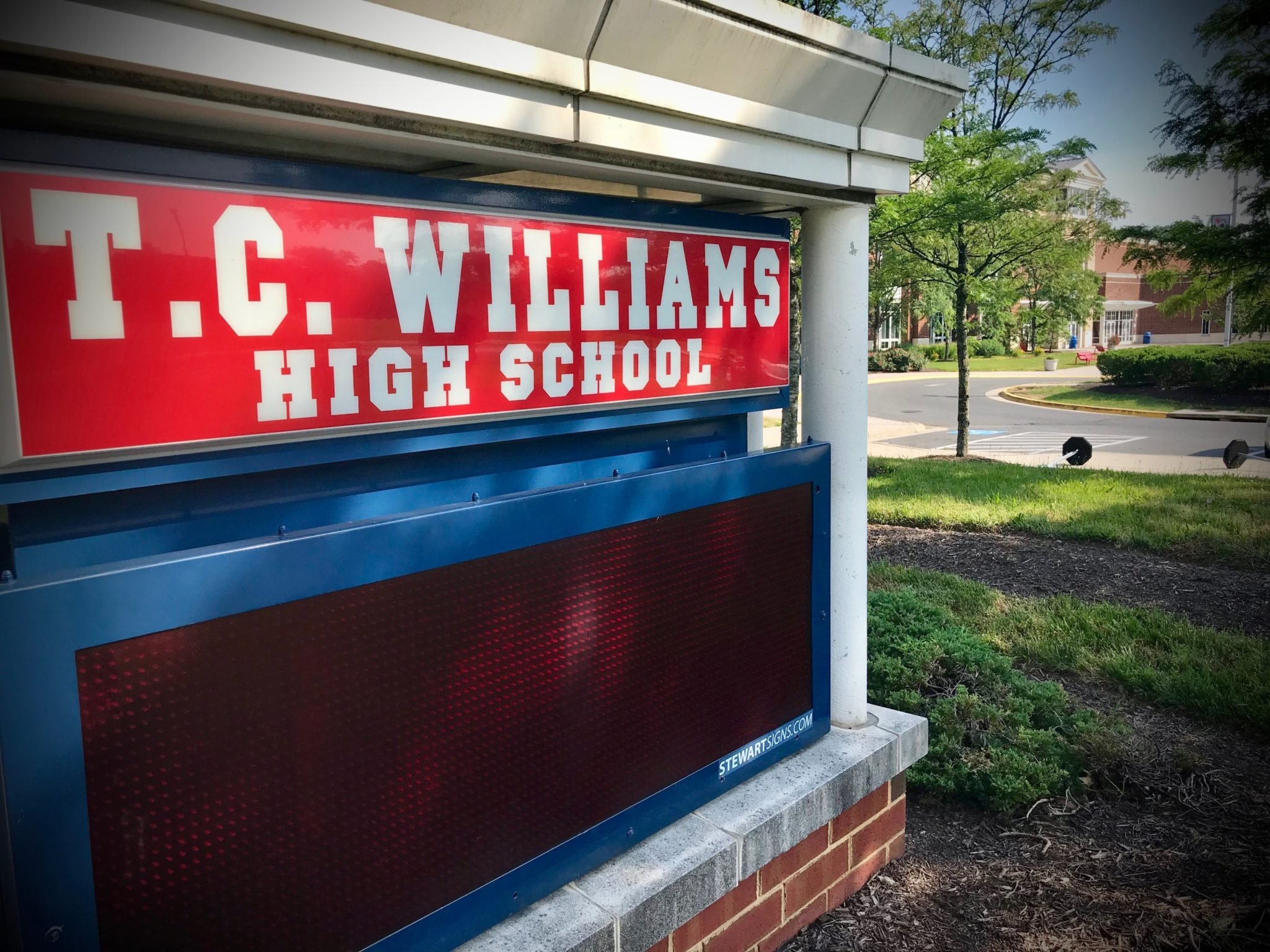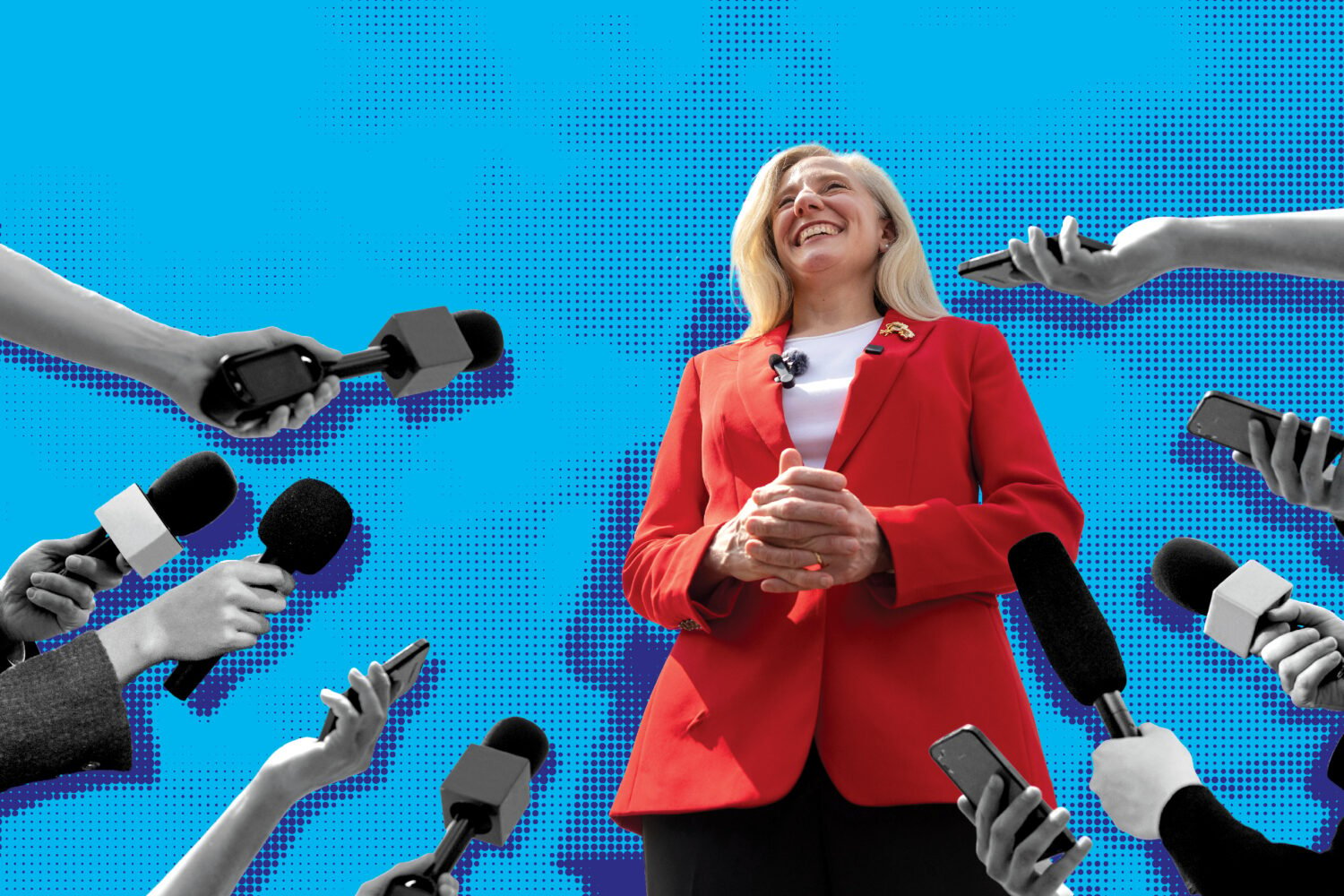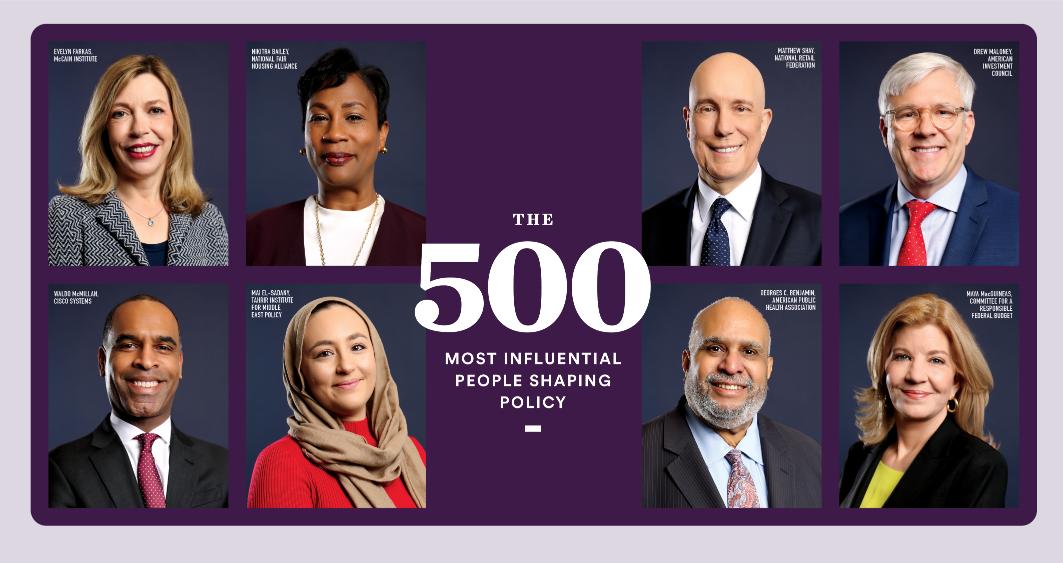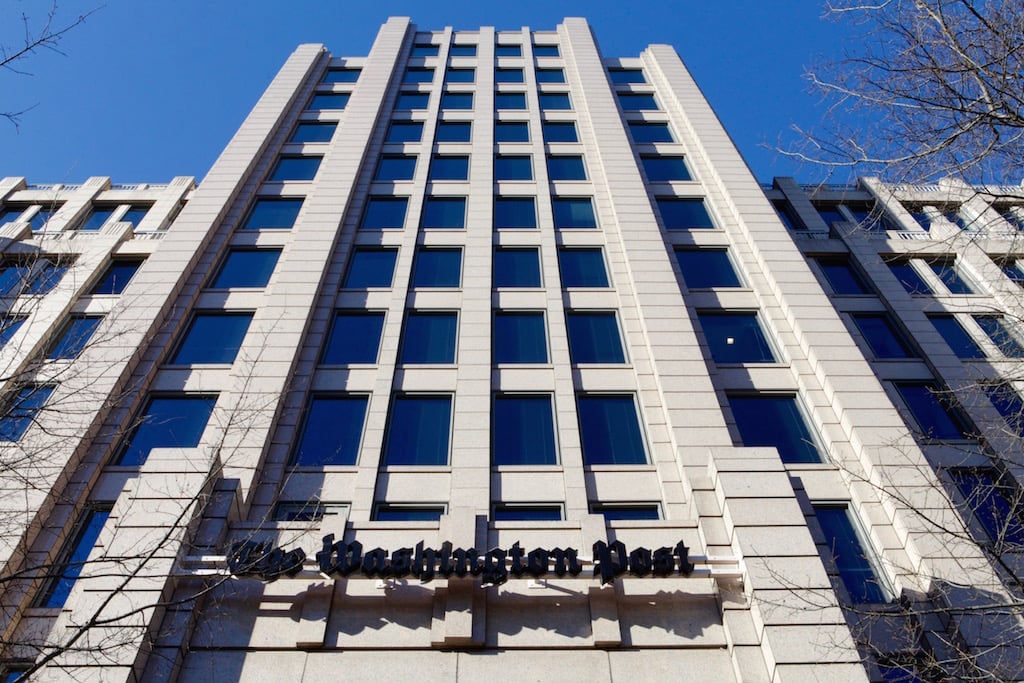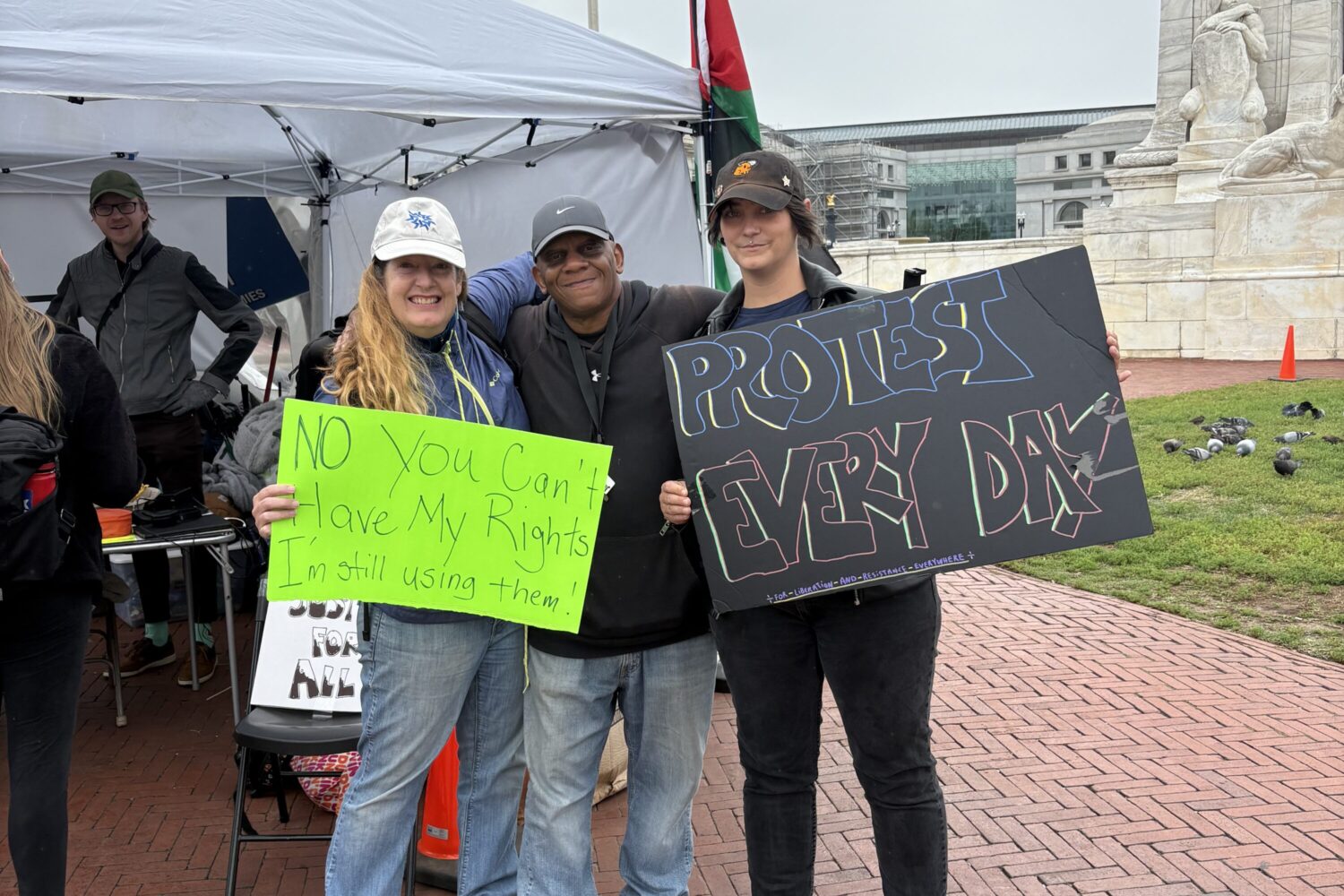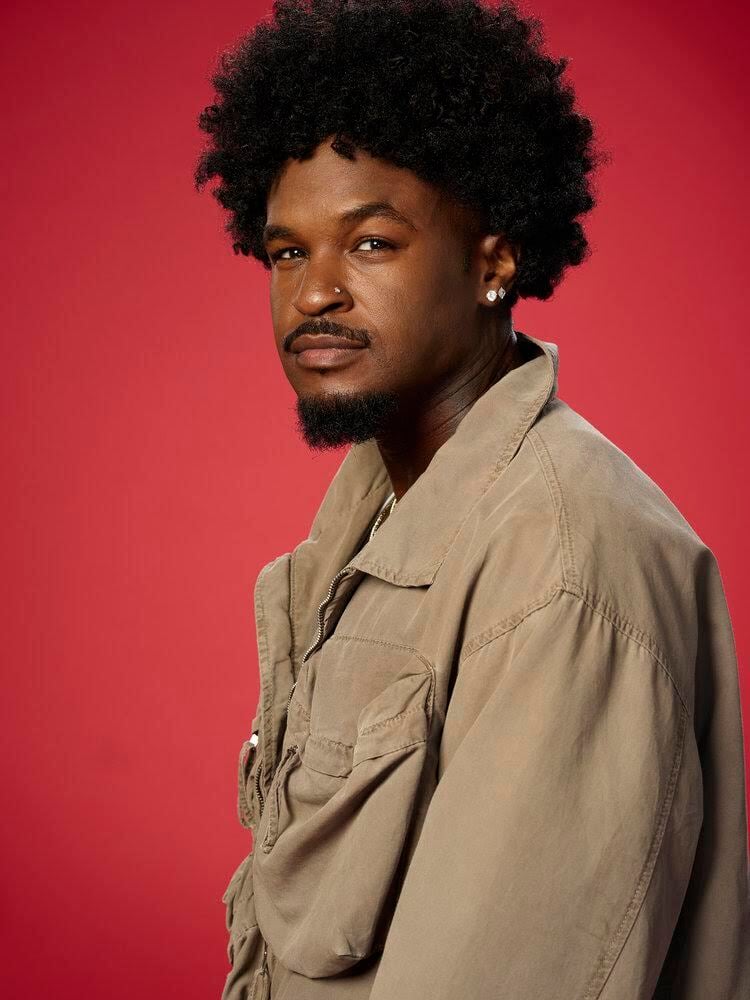As a rule, news in high school newspaper articles doesn’t get picked up by the Washington Post or noticed by member of the cabinet. But Nikki Harris’s October 7 article about her discovery that the superintendent of Alexandria’s public schools sends one of his children to a private school achieved both those things. Harris, who is 16 and a junior at T.C. Williams High School, is in her second academic year of writing for Theogony, the T.C. newspaper, where she has covered the controversy over installing lights at the school’s athletic field, how the city’s schools might reopen during the coronavirus pandemic—whatever is necessary, really.
“We don’t have enough staff writers to assign beats or anything,” Harris explains by phone. This year, she’s an editor; last year she was a staff writer. Whatever the job title, it was sound journalist’s instincts that led her to the scoop: “I try to develop relationships throughout the school community, not just within my friend group,” she says.
Through one of those relationships, she heard that Dr. Gregory C. Hutchings, Jr., the Alexandria schools superintendent, had quietly enrolled one of his children at Bishop Ireton High School, a Catholic school. Harris spent several days trying to confirm it, and then got comment from Hutchings. “Decisions like these are very personal family decisions and are not taken lightly,” he told her. “This in no way impacts my absolute lifelong, commitment to public education, to which I remain as personally dedicated as ever.”
“I was appreciative that he responded pretty quickly,” Harris says.
Because of the sensitivity of the subject, Harris asked her teachers to edit the ensuing article, which then went through an approval process up to T.C.’s principal, Peter Balas.
Mark Eaton, who teaches English literature and journalism at T.C. and is one of Theogony‘s advisers, says that process is in part an agreement not to surprise the administration: “partly a matter of courtesy, partly a matter of trying to maintain the appropriate balance in a high school journalism program,” he says, but either way, the brass has never been a problem in terms of publishing a story. For Eaton, the biggest question about Harris’s story was whether it was accurate and complete and the subject had a chance to respond. And the reputation Harris has built at Theogony helped. “You really should look at the body of this reporter’s work,” he says, calling her portfolio “really first-rate.”
Nikki Harris isn’t sure whether she wants to go into journalism, which is sort of the family business (her mom, Ann O’Hanlon, was a Washington Post reporter for years, and her dad, John F. Harris, is one of the founders of Politico). She may study history, or take up Arabic or Chinese, and she’s interested in politics and education, too. When the Hutchings article appeared, she says, she noticed some Republicans on Twitter “took it up as a vindication of their accusations of liberal hypocrisy,” while others were angry because they felt Theogony intruded on the superintendent’s privacy. “We got a lot of different reactions,” she says, calmly.
This has been a tough year for everything, and it’s no different for kids learning to do journalism. Theogony isn’t appearing in print, since school in Alexandria is all taking place from home at the moment, says Mick Heller, a former Washington Post copy editor who’s the paper’s other adviser, and it’s no picnic to run any newsroom virtually. The paper is trying to get a newsletter going, and Heller says it’s hoping to make some inroads with nearby neighbors for whom issues like the lights on T.C.’s football field are of great interest. (Harris’s work with her fellow student Rachel Wilson on that issue, Eaton says, “was as good as anything I’ve read in any of the local media.”)
Harris says she and Wilson are closely watching what happens next with the “New Voices in Virginia” act, which was meant to protect all student journalists but saw high school students stripped from its final draft. Censorship, she says, is “one thing that bums me out a little bit,” even if she says it hasn’t been a problem at her school. “What I tell them,” says Heller, “is if there’s a news story, that as long as we are accurate and fair, there is really nothing to be afraid of.”
Correction: This story originally said, incorrectly, that Heller was a reporter at the Washington Post; he was a copy editor. Also, it incorrectly attributed the final quote in the piece to Eaton rather than Heller.
Disclosures: My oldest son attends T.C. Williams; he is not involved in the school paper and once ruined my day by telling me he might become a journalist if nothing else works out for him; he and Nikki Harris don’t know each other. I worked at TBD.com, which shared an owner and a newsroom with Politico, but I never worked in any proximity to John F. Harris.

